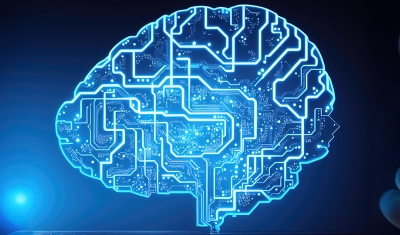Disability and Armed Conflict in Ukraine: Training Local and Humanitarian Actors
3 December 2018
Our Senior Researcher Alice Priddy led last week a workshop in Kiev on the protection of persons with disabilities living in the occupied territories of Donetsk and Luhansk in eastern Ukraine.
The workshop was held as part of our project on disability and armed conflict, which is being supported by the Swiss Network for International Studies (SNIS).
Addressing the Application of International Law Towards Persons with Disabilities Living in Donetsk and Luhansk
The workshop was held in partnership with the United Nations (UN) Office of the High Commissioner for Human Rights, and the Global Protection Cluster in Ukraine, an inter-agency forum that coordinates and supports humanitarian responses to the conflicts in the East.
It provided participants – local organizations of persons with disabilities, UN agencies and other international humanitarian organizations – with an overview of international law applicable to persons with disabilities living in Donetsk and Luhansk, including international humanitarian law (IHL) and the UN Convention on the Rights of Persons with Disabilities. The workshop also addressed the inclusion of persons with disabilities in norms related to the conduct of hostilities (such as assessments of proportionality and the meaning of 'effective advance warnings of attacks').

Dissemination of Research’s Findings
Ukraine is a case study within our research project on disability and armed conflict.
Alice has previously undertaken field research in the region to consider the impact of the conflict on persons with disabilities and the implementation of IHL and international human rights law.
'Our research showed that the conflicts in Donetsk and Luhansk have had a devastating impact on persons with disabilities. Persons with disabilities living in the two territories have for instance been excluded from humanitarian responses to the conflict, including evacuation procedures, leaving them vulnerable to injury or death. Internally displaced persons with disabilities have received little state support in accessing accessible accommodation, basic healthcare and rehabilitation services, as well as accessible education and employment. Persons with disabilities that have remained in the occupied territories face huge challenges in access state support, including arduous and dangerous journeys across the contact line to access their social support payments’ explains Alice Priddy.
‘This workshop provided an important opportunity to return to Ukraine to disseminate our field research findings, increase the capacity of key actors within the humanitarian community and hopefully draw attention to this incredibly important and largely overlooked issue', she adds.
The project’s final report, which will draw on field research conducted in several states, including the Democratic Republic of Congo, Colombia, Palestine, Vietnam and Ukraine, will be published in the spring of 2019.















